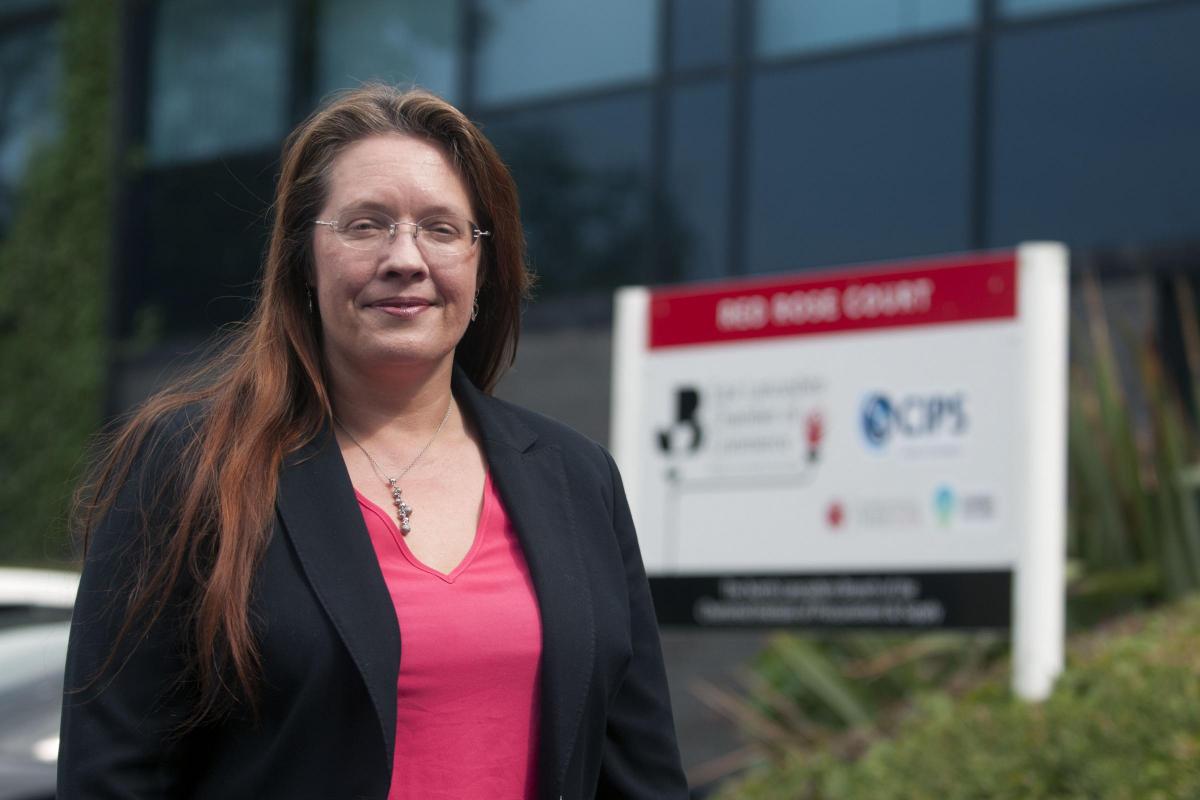Profile: Miranda Barker OBE – Chief Executive of East Lancashire Chamber of Commerce
Profile | 18/08/2023

Background and Experience
Miranda’s background is steeped in environmental consulting and championing sustainability in businesses. With training in Liverpool and Salford, she established her own consultancy, focusing on legal compliance, environmental training, and promoting sustainability globally. She played a significant role in supporting the commercialisation of low-carbon technologies, a journey that began in Daresbury and expanded worldwide.
In Lancashire, she spearheads efforts to drive business decarbonisation, particularly through initiatives like redCAT that connect businesses with funding for innovative low-carbon technology and global markets.
Miranda’s Vision for the North West
Miranda’s vision for the North West cluster revolves around recognising the region’s expertise in technology, especially low carbon tech. She highlights that whilst London is a consultancy cluster, the North West is a tech cluster, and government investments should be aligned accordingly.
Her plan is to emphasise the North West’s leadership potential in the global competition for low-carbon technology. She asserts, “Government must prioritise support for the sector, fix support structures, address skills and labour shortages, and connect businesses with educational institutions and opportunities.”
Developments in Lancashire
“Several exciting developments are happening in the region,” Miranda states. “Strong manufacturing capabilities are being harnessed for global manufacturing projects, particularly in EV batteries, sodium batteries, and even batteries for the nuclear space programme she adds.
Lancashire boasts expertise in battery technology and manufacturing, positioning the region for significant growth in the clean energy sector.
Opportunities and Obstacles
Miranda identifies three key areas where government support is crucial:
Innovation Funding
“The shift from EU funding to Shared Prosperity Funds has led to a drop in university funding for innovation,” Miranda states. She predicts that this could lead to issues with employment in university research and innovation teams. This shift has the potential to hinder investment in research and development for low-carbon technologies.
Funding
Miranda told us, “The current competition-oriented funding structure leaves many businesses feeling left out,” She suggests that a market-oriented approach could be more efficient and fair, allowing businesses that reach certain market levels to secure funding.
Commercialisation Support
“Government support for commercialisation remains week,” Miranda states, highlighting that prototypes alone won’t attract customers; demonstrators and further support are crucial for successful commercialisation.
Challenges in the Cluster
Miranda acknowledges that despite the recognition of the North West as a technology cluster, funding structures have not adequately supported the region’s growth. The breakdown of funding into smaller areas has hampered collective efforts. She believes that the Government’s shyness to invest in such opportunities and the fragmented funding approach have been significant challenges.
The conversation with Miranda Barker sheds light on the potential of the North West to lead the clean energy transition, fuelled by its historical expertise in various industries. However, to fully realise this potential, she stresses the need for government support that aligns with the region’s capabilities and the challenges it faces.
To find out more about the work of Miranda Barker, click here.